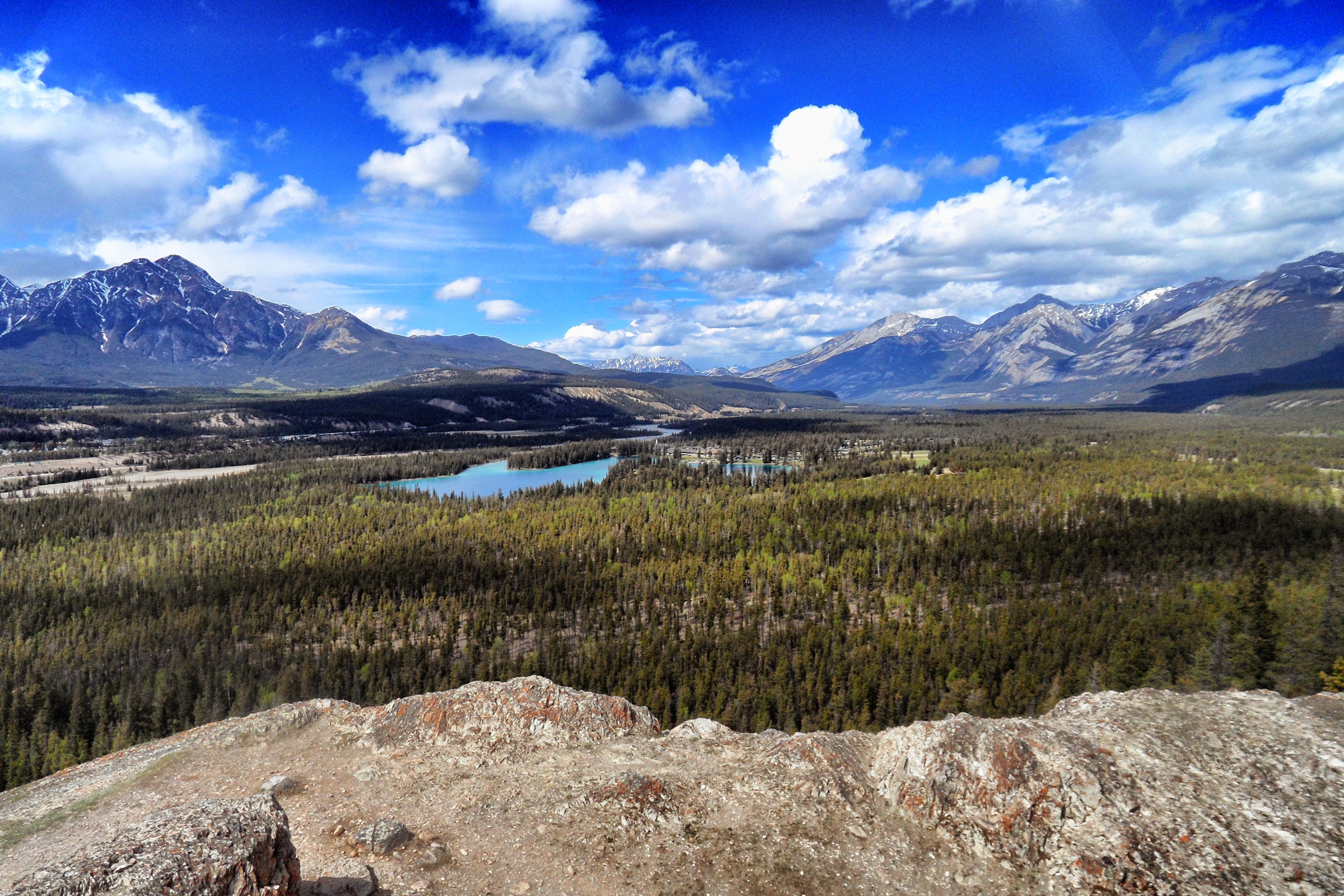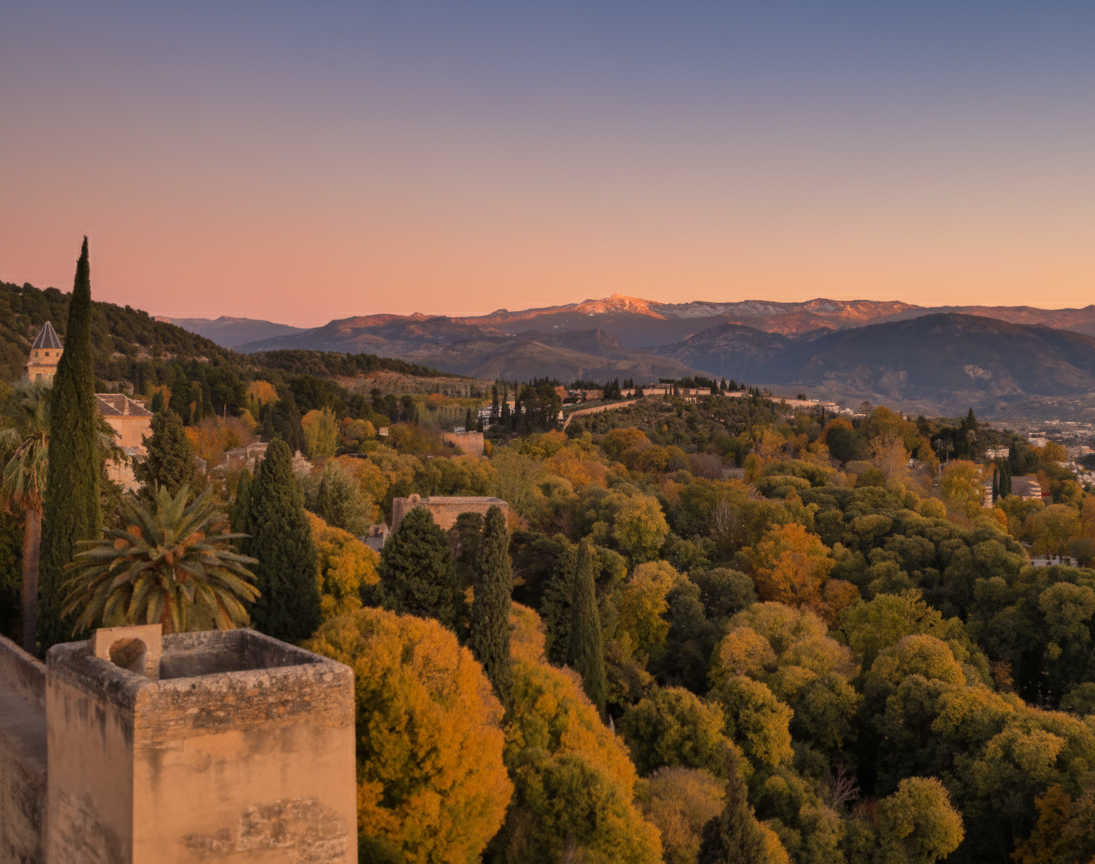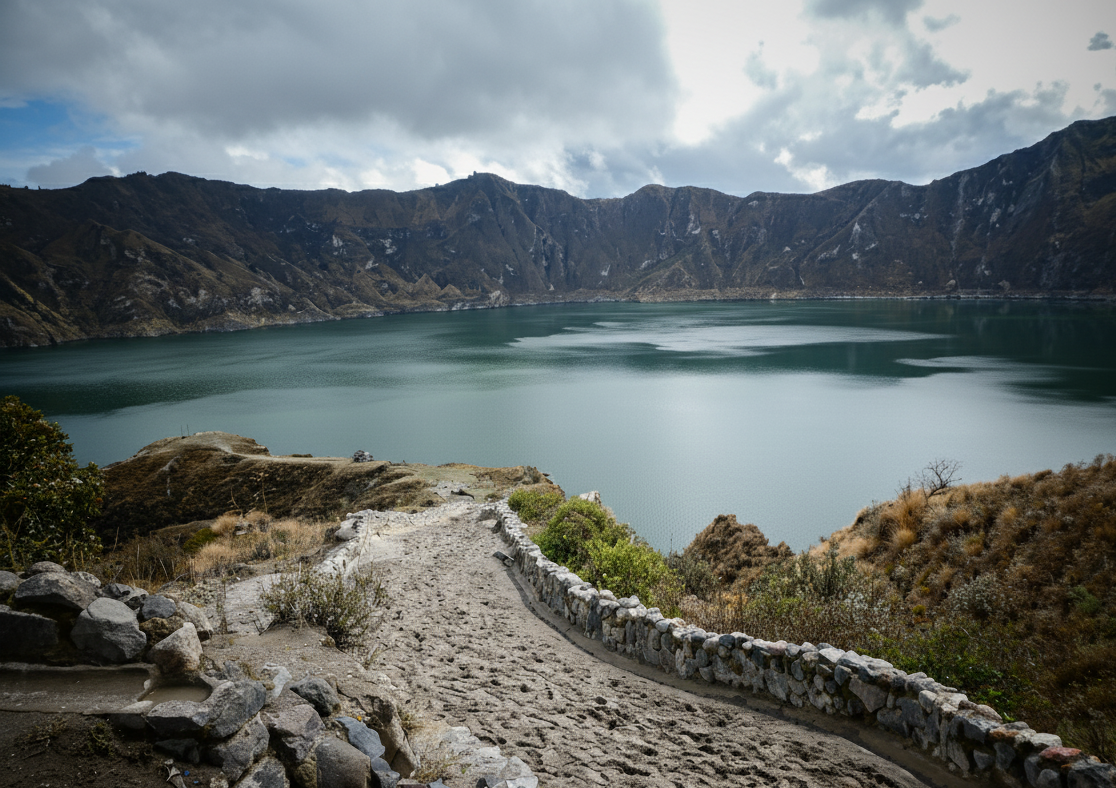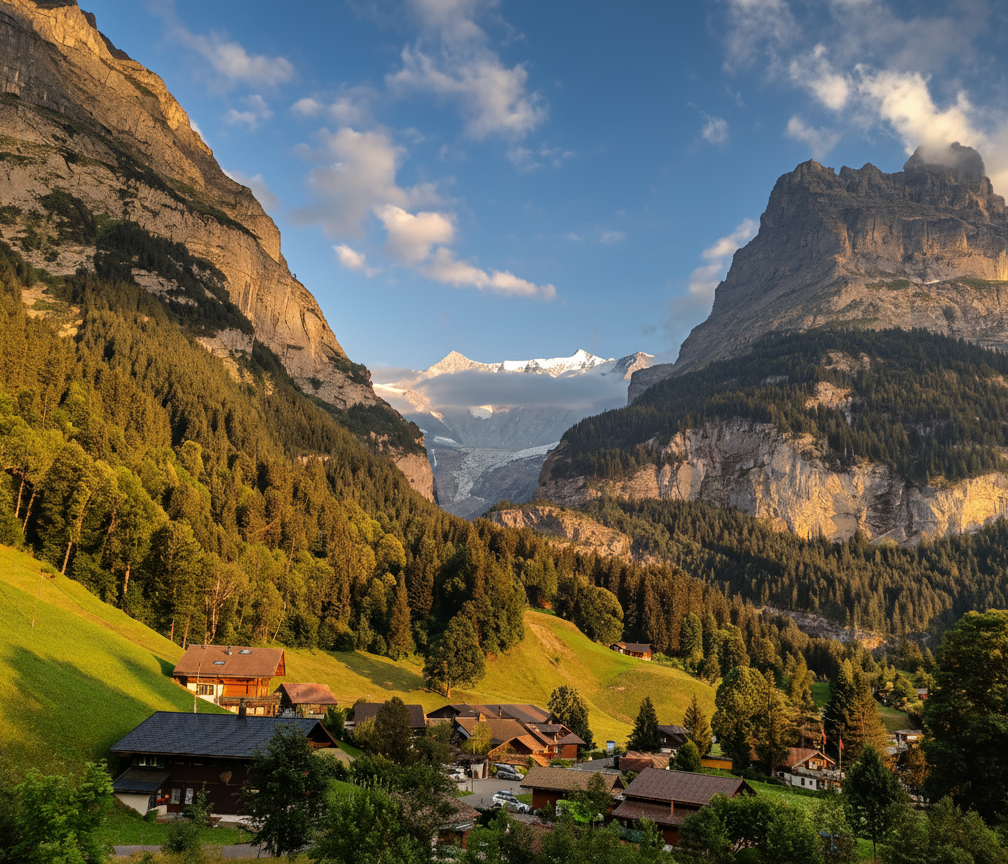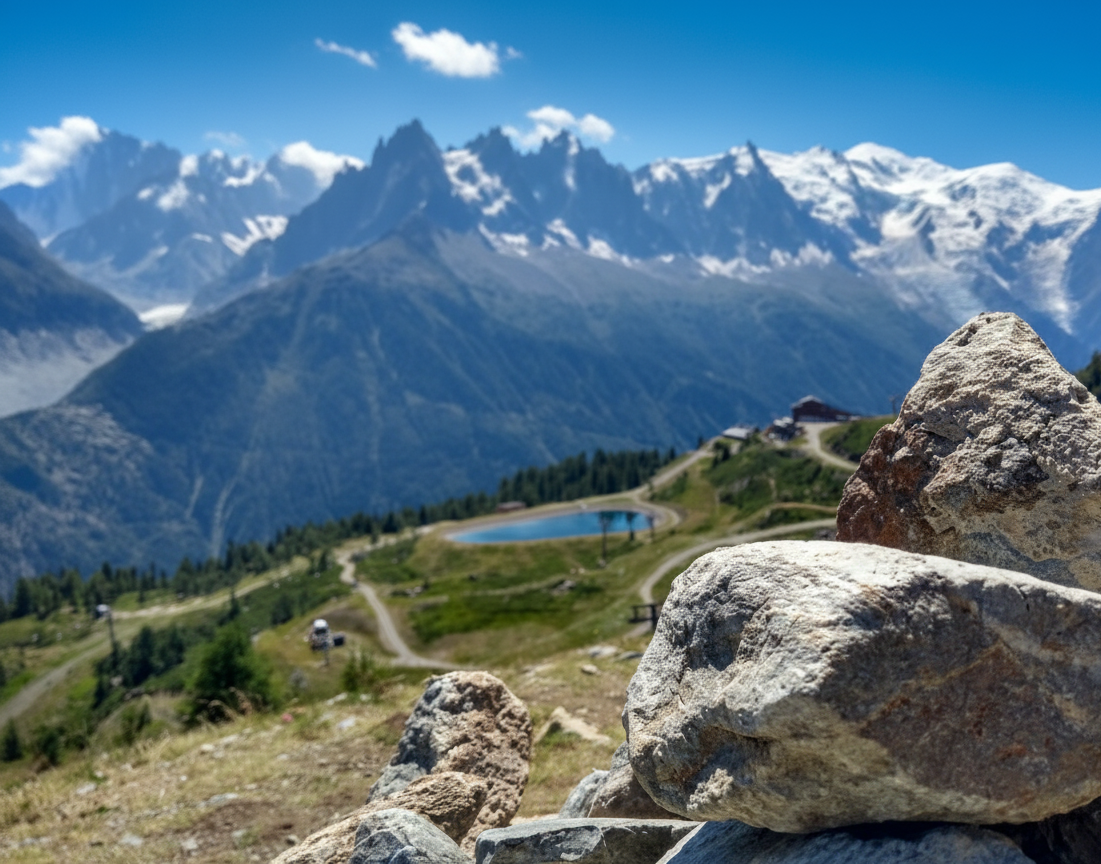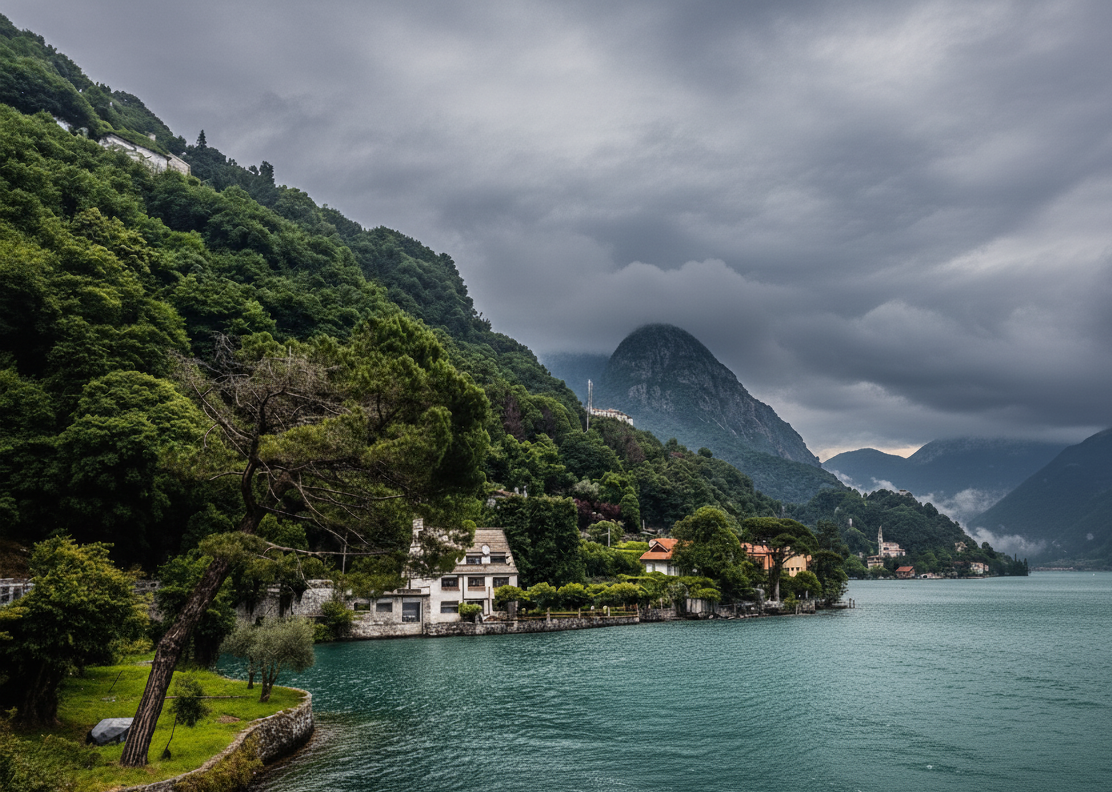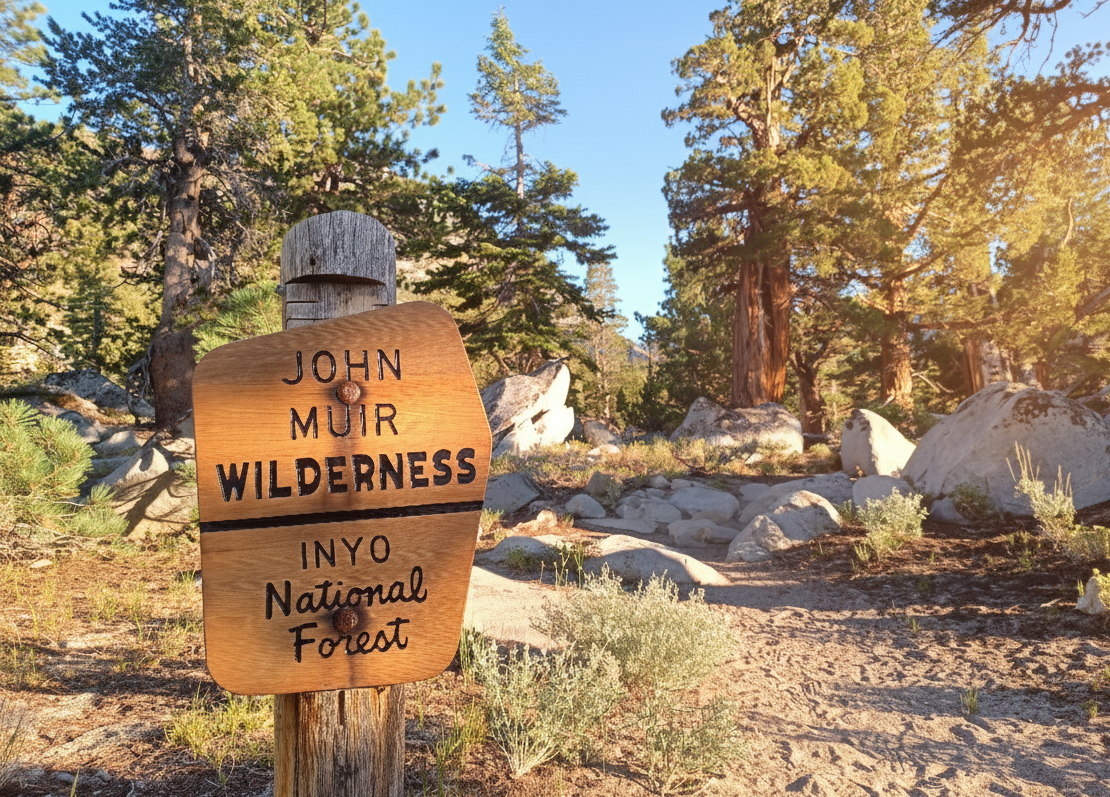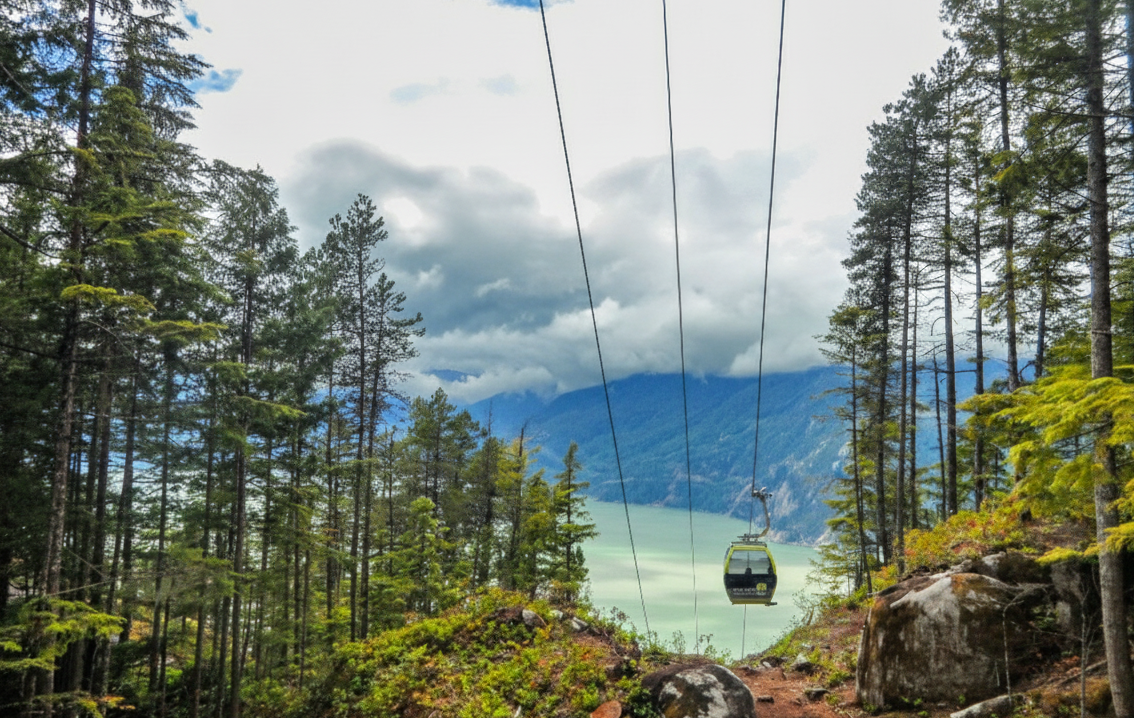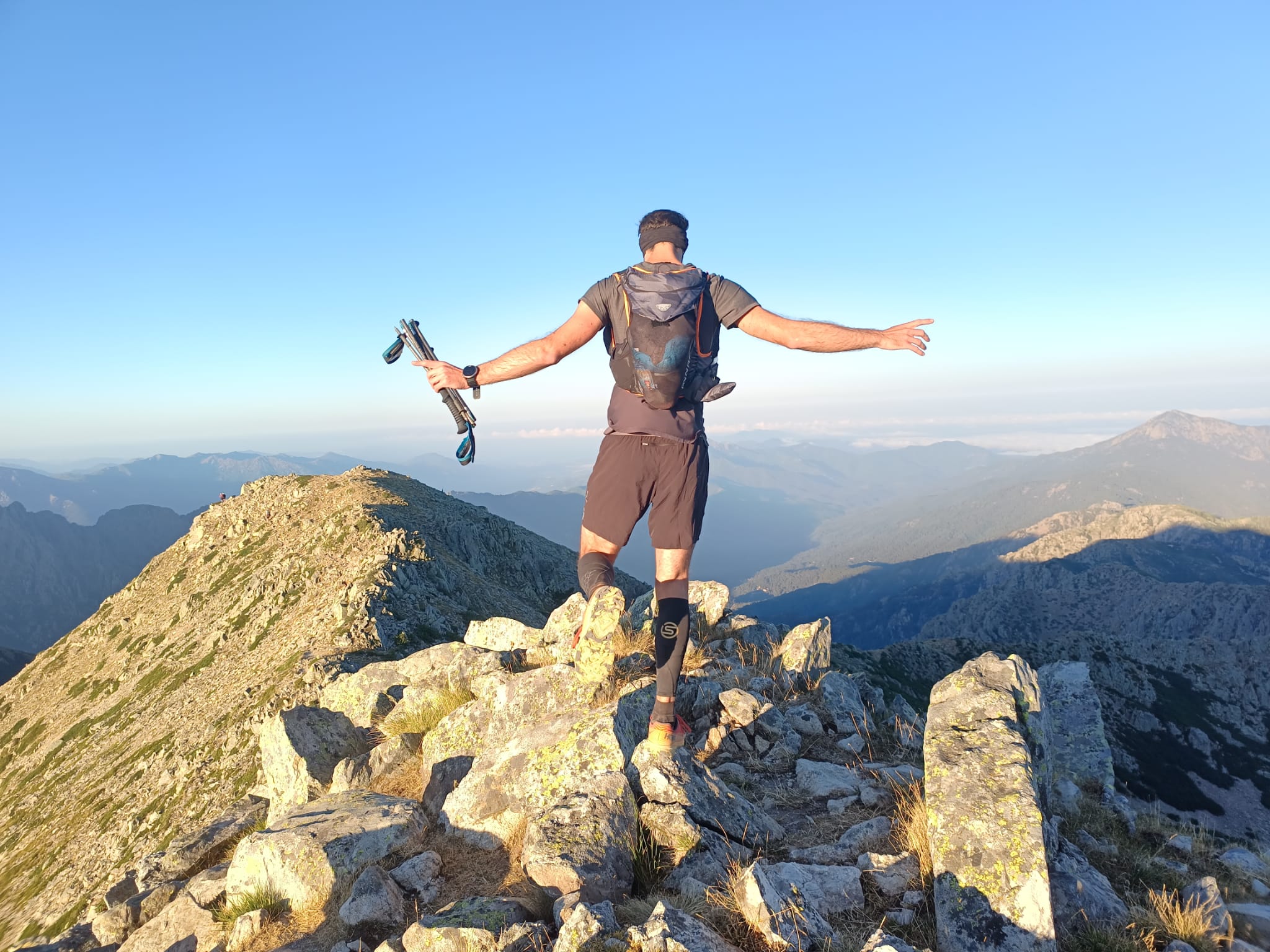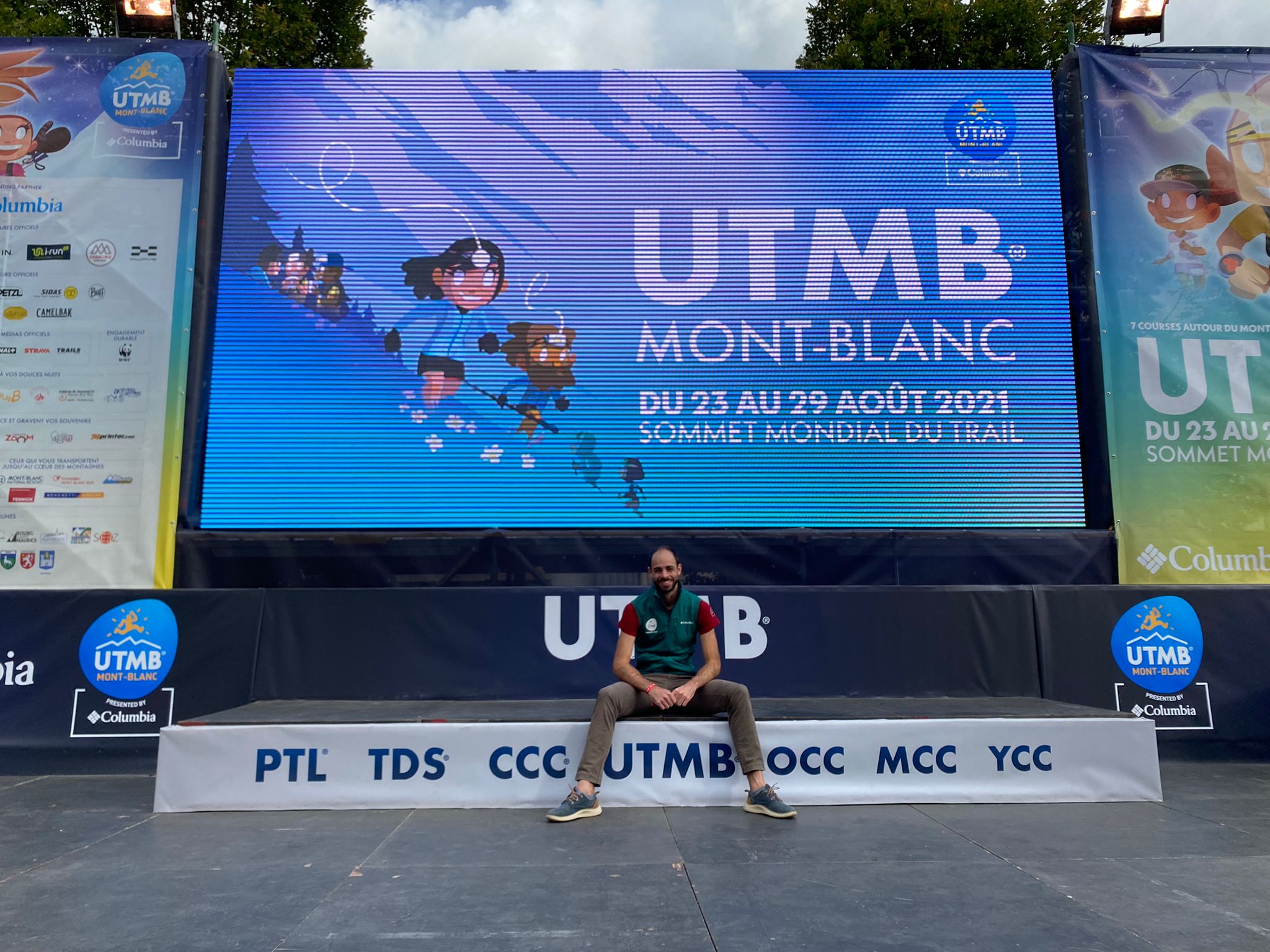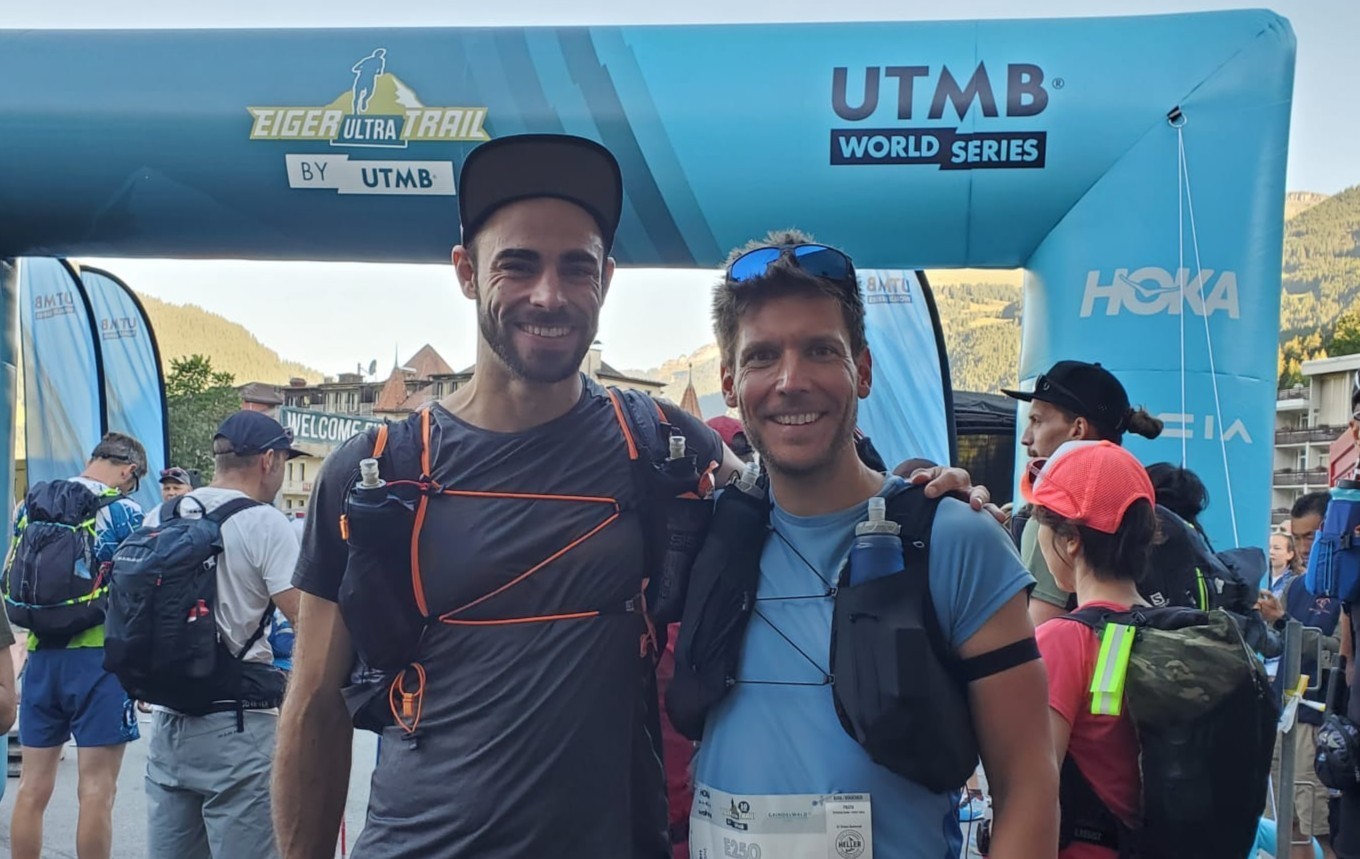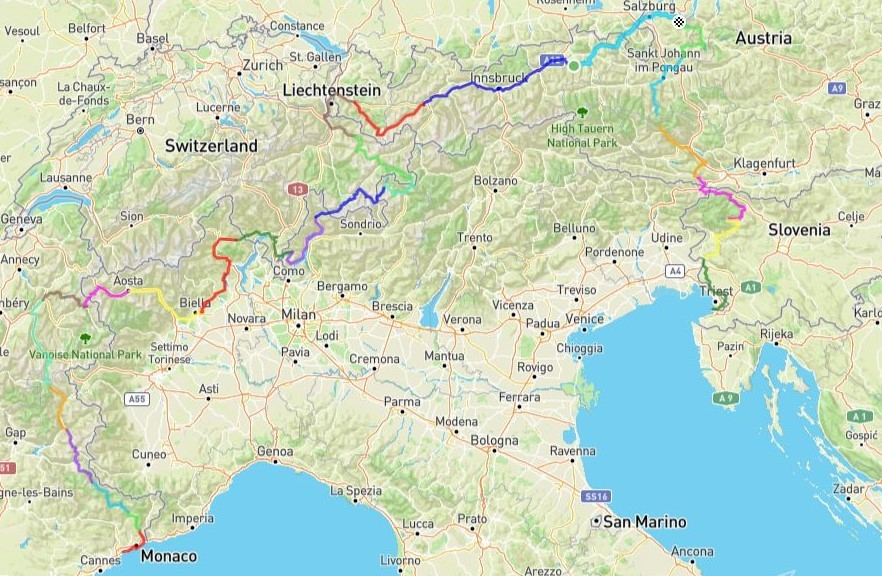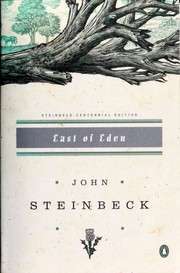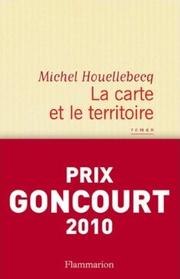about me

Hi there and thanks for dropping by here! I'm Daniel, a researcher in global health and development.
My trajectory has been anything but linear, and over the last decade I have been doing research on obscure mathematical objects called quantum algebras, ran a leadership seminar out an old leprosy ward in Nepal,
and developed machine learning algorithms to catch insurance fraudster. Oh, and I almost ended up doing a PhD in neuroeconomics...
but see below.
I'm a generalist at heart, a jack of many trades but master of few. I enjoy coding and math problems,
reading multiple books at once, and writing about things big and small that capture my imagination.
Such a temperament reliable gets in the way of becoming a true subject matter expert in any domain, but I like to imagine that it lets me spot patterns and connections that the specialists may miss.
If there's a thread connecting all of the above, it's probably just a stubborn commitment to understanding how things actually work, whether that's AI, quantum computing or programs to alleviate global poverty.
And why limit my curiosity to intellectual pursuits?
As an avid trail runner & cyclist, I'm always keen ti find new wats to explore my limits, some of which I've highlighted below.
And I love connecting these exploits with traveling to new places.
Scroll on to learn more!

